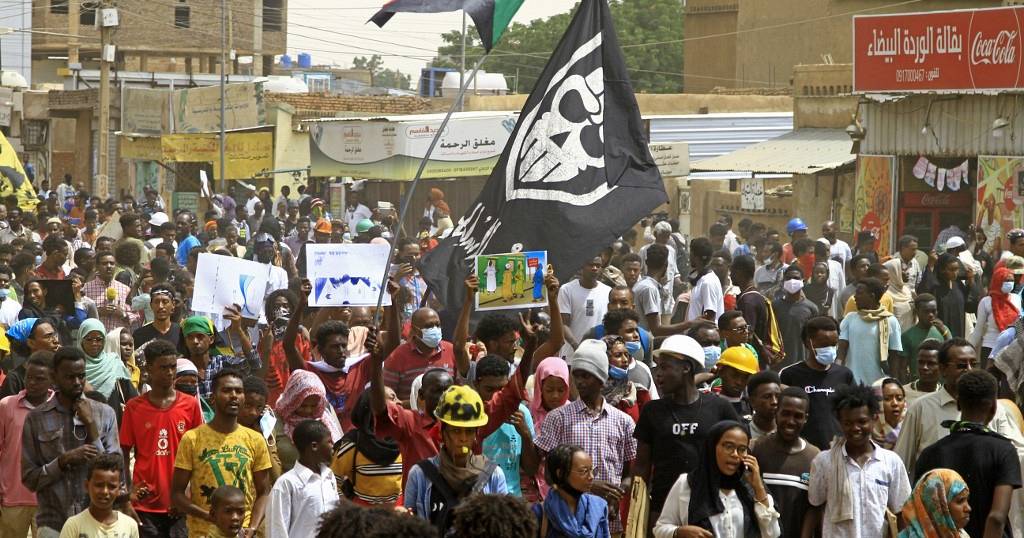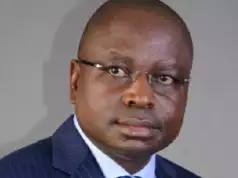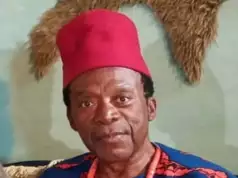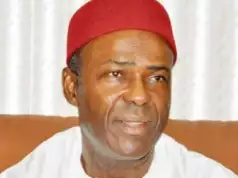
South Sudan’s unity government on Wednesday announced a two-year extension of the post-civil war “transitional period” earlier scheduled to end in 2023.
This they say is a new “roadmap” to the peace deal denounced by some foreign sponsors.
“After lengthy deliberations, the committee agreed to extend the transition period by 24 months,” Government Affairs Minister Martin Elia Lomuro announced to diplomats, President Salva Kiir and First Vice President Riek Machar on Thursday.
“A new roadmap has been agreed,” he added, explaining that the decision had been taken “to address the challenges that are hampering the implementation of the peace agreement.
The end of the “transitional period” was scheduled for 2022 after several postponements, but was pushed back to February 2023.
This was due to the lack of progress on many provisions of the peace agreement which ended a bloody five-year civil war between sworn enemies Riek Machar and Salva Kiir in 2018.
The conflict had left nearly 400,000 people dead and millions displaced.
The agreement led to power-sharing in a unity government inaugurated in February 2020, with Mr Kiir as president and Mr Machar as vice-president.
Representatives of the US, UK and Norway, the “troika” that sponsored the country’s independence in 2011, were absent at the meeting where the extension was announced.
In a letter to President Salva Kiir, they alleged that all parties concerned had not been consulted.
“We are writing to you personally to express our deep concern that inclusive consultations must take place with civil society, religious groups, economic actors, women’s groups, youth representatives, eminent persons and international partners before the R-ARCSS is amended,” they wrote.
“Whether a roadmap or an extension is considered legitimate by the people of South Sudan and the international community depends on an inclusive consultation process,” they added.
“We cannot guarantee that we will be able to support a roadmap or an extension in other circumstances. The roadmap must demonstrate how a new extension differs from previous ones and includes steps for clear progress in building the institutions and mechanisms needed to hold elections,” they warn.
Since independence, the world’s youngest country which came into existence in 2011 has been plagued by politico-ethnic violence and chronic instability.
Despite immense oil resources, it is also one of the poorest countries in the world and has been hit hard by an economic and food crisis.









